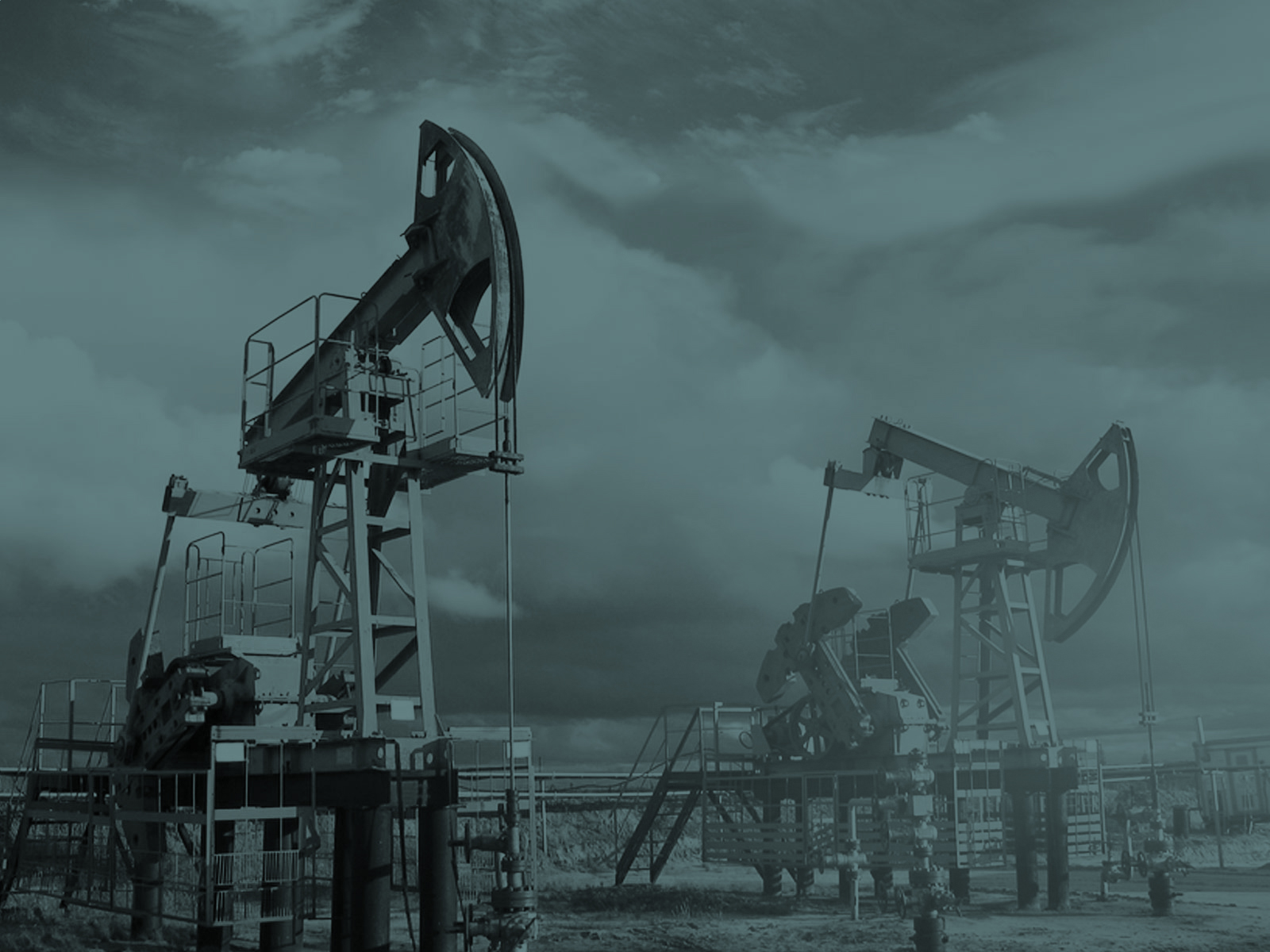Africa is geologically blessed when it comes to oil and gas resources, yet it faces an energy conundrum. Its hydrocarbons are heavily concentrated in a few countries, and a large share of its more than one billion inhabitants lack access to electricity and clean-cooking facilities. What does Africa's energy future hold in the light of its resource rich-energy poor dilemma?
Africa is a global player on the oil and gas scene and will remain so for the foreseeable future due to abundant reserves -- nearly 10% of the world's proved oil and gas reserves. Production is heavily concentrated in a few countries such as Algeria, Libya, Egypt, Nigeria and Angola, meaning that most African states will continue to rely on imports for their consumption. Oil consumption growth will average just over 1% until 2035 while oil output will modestly increase by the early 2020s as Uganda and Kenya emerge as new producers. Meanwhile the markets for West and North African oil exporters are shifting to Asia as exports to the US and Europe fall, due to growth in domestic supply of shale oil and declining energy demand respectively.
The outlook for African gas is more bullish. A new energy frontier beckons with big gas discoveries off the shores of Mozambique and Tanzania being exported as Liquefied Natural Gas (LNG), largely for Asian markets. African gas production is set to double by 2035, driven by higher output from North Africa and new production from East Africa. Gas demand growth will be higher than oil, averaging 2.6% per year until 2035, as gas-fired power generation becomes more widespread.
Africa is a net-oil and gas exporting region but the bulk of its population is in a state of energy poverty: respectively 60% and 70% lack access to electricity and clean-cooking facilities (relying instead on traditional biomass such as firewood). As resource-abundant as parts of Africa are, accessibility to energy -- a basic requirement for higher living standards -- is woefully inadequate. The International Energy Agency (IEA) estimates that US$385bn in investment is required to provide access to electricity at a continent-wide level by 2030.
Therefore in the coming decades a greater share of Africa's population must be connected to the electrical grid, demanding significant investment in distribution, transmission and generation infrastructure. This requires expanding the generating capacity of natural gas, the lowest carbon-emitting fossil fuel, in order to mitigate the growth in emissions that a higher level of energy consumption would entail. Development of under-utilised forms of renewable energy, especially solar and wind power, and the use of off-grid solutions can help meet the power needs of remote populations where connecting to grid infrastructure is too costly.
Africa may be resource-rich but the distribution of the hydrocarbons bounty is uneven. Meanwhile the bulk of Africa's population is denied access to electricity and clean cooking. The answer to the continent’s energy conundrum is to satisfy the unmet demand for power in an environmentally sustainable way, which requires hundreds of billions of dollars of investment between now and 2030. Failure to do so will result in most of Africa being kept permanently in a state of energy poverty.
This blog is part of a programme managed by The Economist Intelligence Unit for GE.
The views and opinions expressed in this article are those of the authors and do not necessarily reflect the views of The Economist Intelligence Unit Limited (EIU) or any other member of The Economist Group. The Economist Group (including the EIU) cannot accept any responsibility or liability for reliance by any person on this article or any of the information, opinions or conclusions set out in the article.




